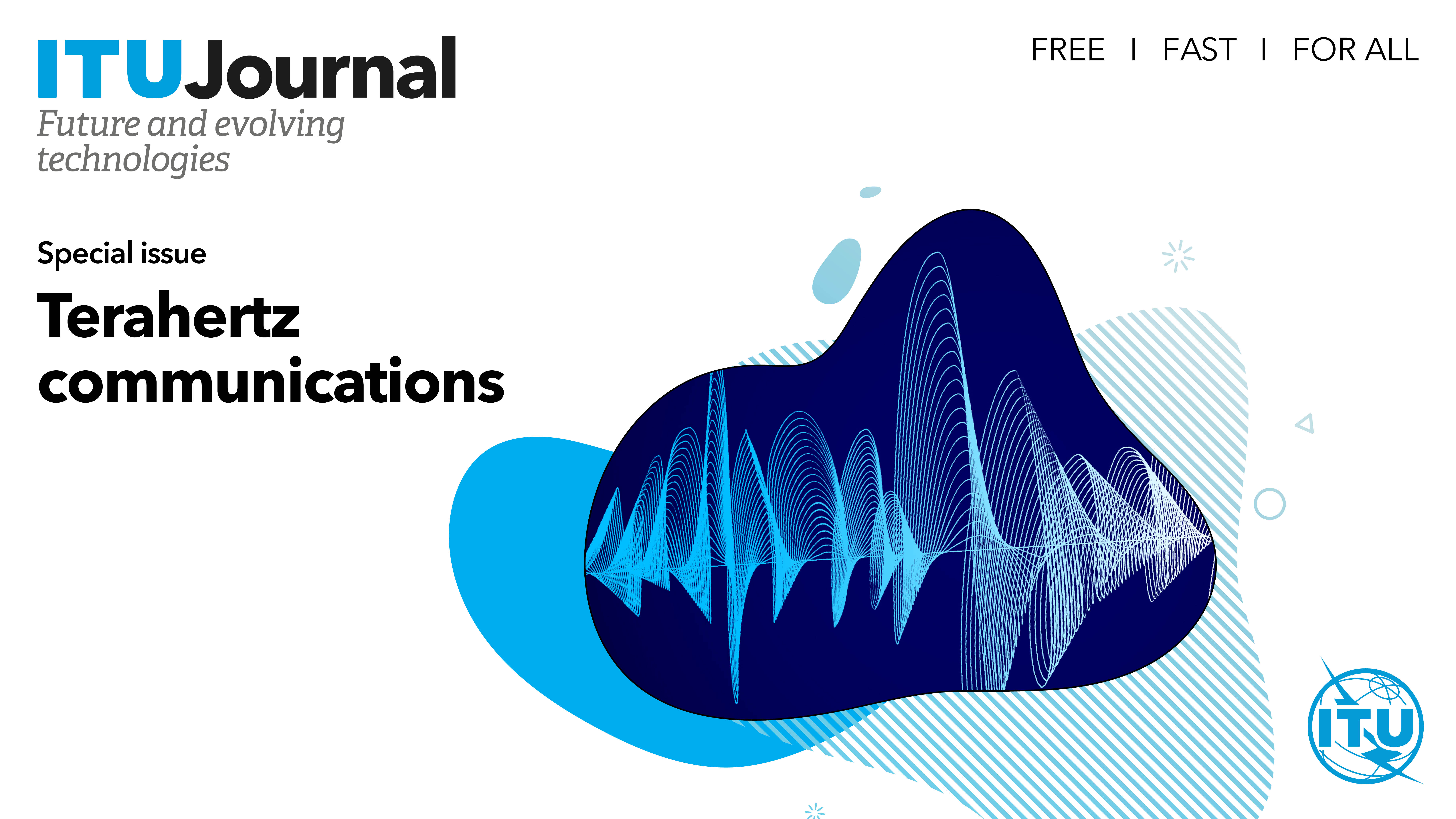
Theme
The Terahertz (THz) band from 0.1 THz to 10 THz will be of paramount importance for wireless communications in the next decade. In particular, due to its abundant frequency resources, the THz band will be a key to overcome the spectrum scarcity and capacity limitations inherent to current wireless systems. It is anticipated that THz band communications will enable unprecedented applications both at the macro-scale and at the nano-scale, ranging from high-speed satellite communications, ultra-high-capacity wireless fronthaul/backhaul in cellular networks, ultra-high-speed short-distance data transfer between devices, to inter/intra-chip communications and instantaneous data exchange between nano-scale devices.
However, many challenges unique to THz communications have to be still addressed. For example, molecular absorption and spreading losses are much more pronounced for the THz range compared to millimeter-wave (mmWave) frequencies, and device technology will impose more strict requirements on communication and networking paradigms than for the microwave frequencies related to, for example, a limited output power of amplifiers, analog-to-digital conversion (ADC) and digital-to-analog conversion (DAC) with fewer bits and higher phase noise levels of oscillators.
This special issue will present the most recent advances with respect to the theoretical foundations and practical applications of THz communications.
Keywords
Channel modeling, design of transmission schemes, (massive) MIMO communications, prototypes and implementations, networking paradigms, applications of THz communications
Tracks
- Channel modeling, waveform and receiver design
- Multiple antenna systems
- Networking paradigms
- Devices, prototypes and implementations
- Applications
Prospective authors are cordially invited to submit their original manuscript on
the suggested topics listed in the
FULL call for papers [download here].
Leading Guest Editor
Guest Editors